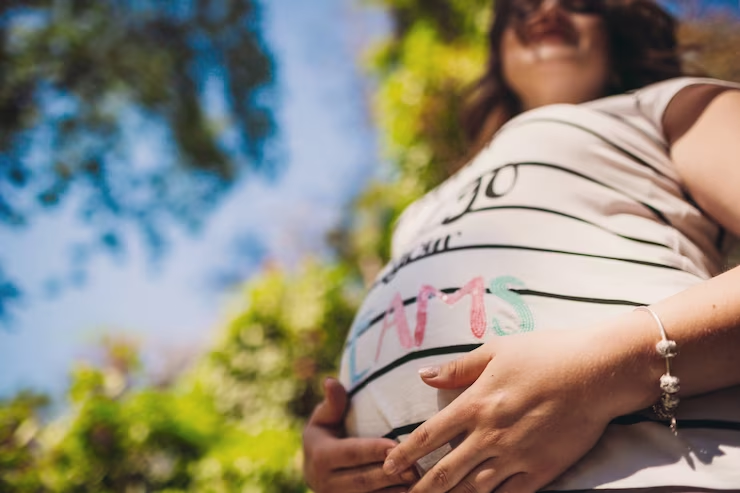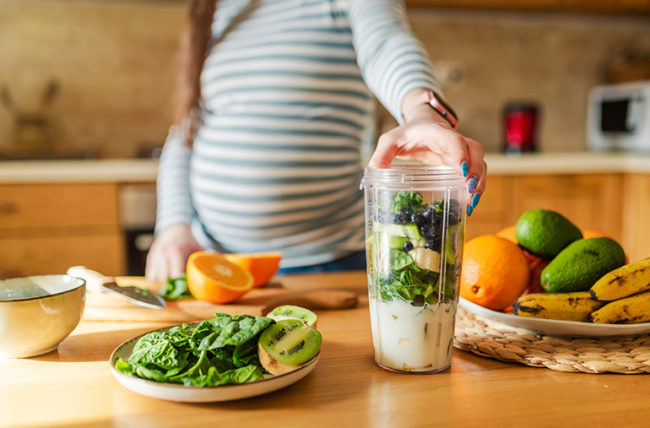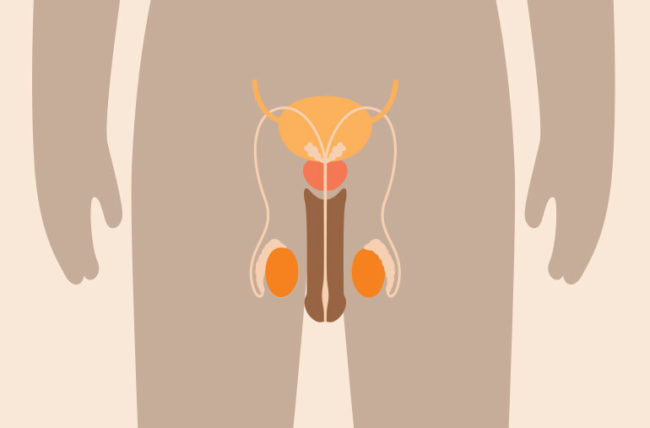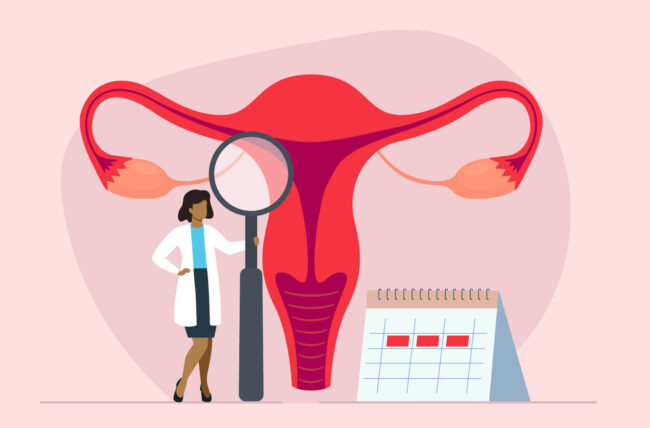Many people who have been diagnosed with endometriosis will ask a lot questions. One of the most frequent questions is: Will I ever be able get pregnant?
Endometriosis has been linked to infertility. Endometriosis is not a common cause of infertility, but many endometriosis sufferers do. Miguel Luna MD is an Ob/Gyn with specialized knowledge in endometriosis. This is another sign of endometriosis, in addition to discomfort.
For some people, endometriosis may make it more difficult to get pregnant. Living with endometriosis doesn’t necessarily mean that you can’t get pregnant.
Dr. Luna discusses how endometriosis can affect fertility and how those with the condition can manage it.
What is the impact of endometriosis on fertility?
The lining of your uterus normally consists of tissue called endometrium. Endometriosis is when tissue that looks like endometrium grows in areas where it shouldn’t. This can be on your ovaries, fallopian tubes or pelvis. These growths can cause inflammation, and eventually scarring.
Dr. Luna says that “endometriosis causes an inflammatory condition inside the pelvis.” But it’s systemic. Researchers have detected signs of inflammation in the fluids from the pelvic area and abdomen. These same inflammatory markers can be found in high levels in the bloodstream.
This inflammation, according to healthcare providers, makes it more difficult for sperm to meet an egg or for embryos to implant into your uterus. Scarring in the later stages of endometriosis can cause structural changes, such as kinks and blockages in your tubes. This prevents the sperm from connecting with the egg.
Dr. Luna explains that a lesion near the fallopian tube can block it. “Ovarian tissue can also get damaged with the growth of endometriosis-related cysts.” The inflammation associated with endometriosis can also damage the DNA of your oocytes, or unfertilized eggs in your ovaries.
Can you become pregnant with endometriosis symptoms?
You can still get pregnant if you have endometriosis. It won’t make your pregnancy more difficult.
A 2021 meta-analysis focusing on studies focused on adverse pregnancy outcomes and endometriosis suggests that women with endometriosis may have an increased risk for complications during pregnancy.
Stillbirth and placental abscission are both examples of this.
Dr. Luna notes that there is a link between endometriosis, and adverse obstetric results. People with endometriosis, who are pregnant or deliver, have a higher risk for preeclampsia and other complications, such as gestational hypertension and diabetes, as well.
In-vitro fertilisation (IVF) can be used by people with endometriosis, as long as they are still able to produce eggs. This is because the egg and the sperm meet in a petri plate and are removed from an inflammatory environment.
Pregnancies resulting from IVF are more likely to be associated with preeclampsia and gestational diabetic, as well as growth restriction.
What can you do?
Endometriosis can be a debilitating disease that affects your daily life. The first step to finding relief is getting a diagnosis.
Dr. Luna says that endometriosis can cause pain and be harmful to your sexual health and quality of life. If you are in pain for an extremely long period of time, it can affect fertility and conception. A diagnosis is very important so that treatment can be provided.
What to discuss with your doctor
Speak to your doctor if you have endometriosis. The plan you choose will depend on many factors including your age, the length of time you have been trying to conceive, and the severity of endometriosis.
Endometriosis treatments have improved in the last few years and are now tailored to meet individual goals and needs. “We meet you right where you are,” says Dr. Luna. “Is this pain relief?” Is it a fertility issue? “Is it having a child in the next 12 months?”
Treatment for endometriosis can be either surgical or medical. He continues, “Overall we treat endometriosis differently.” The medical treatment of endometriosis includes hormonal suppression, progesterone, and other medications. The surgical treatment is to remove the lesions.”
Removing endometrial lesions may also increase your chances of becoming pregnant. Repeated surgeries could cause scar tissue on your reproductive organs. This can be problematic. Your Ob/Gyn will help you weigh up the pros and cons.
Even with all of these treatment options, it may seem overwhelming to think about starting a family if you have endometriosis. This feeling is normal. It is important to remember that endometriosis can be a very common condition. Many women have been able to get pregnant and deliver healthy babies with it.
Nobody wants to be diagnosed with endometriosis. Knowing what to expect and that there are treatment options available gives you control. Knowledge is power. You can make informed decisions and take action.





















